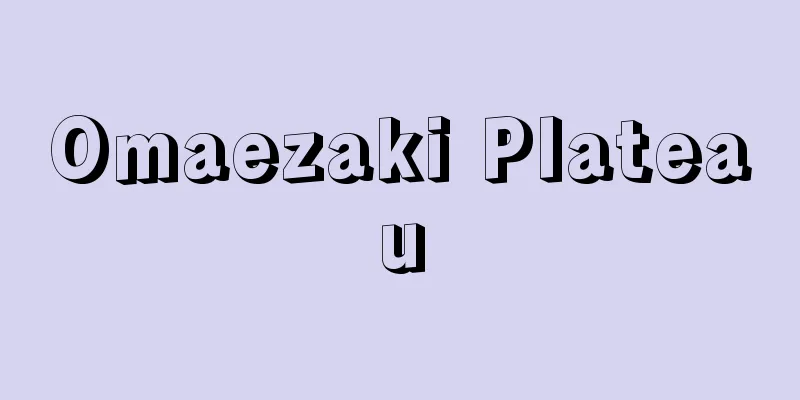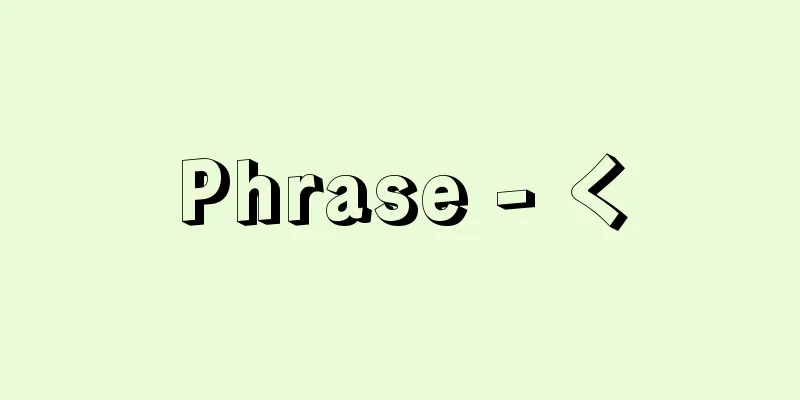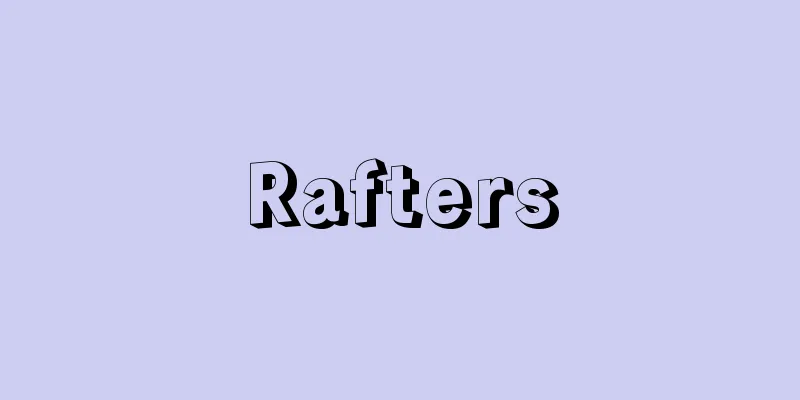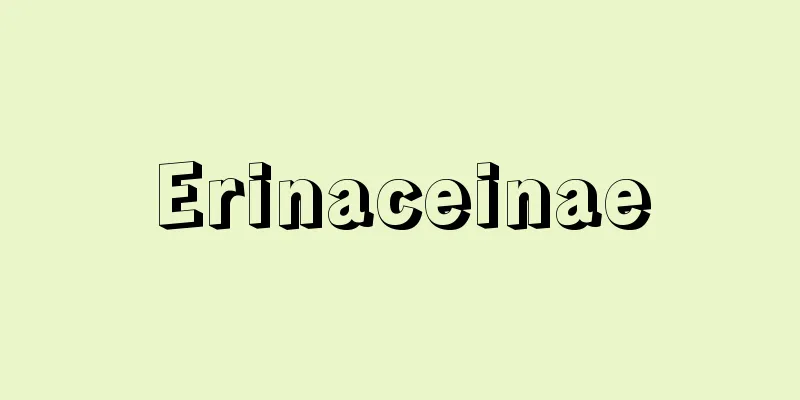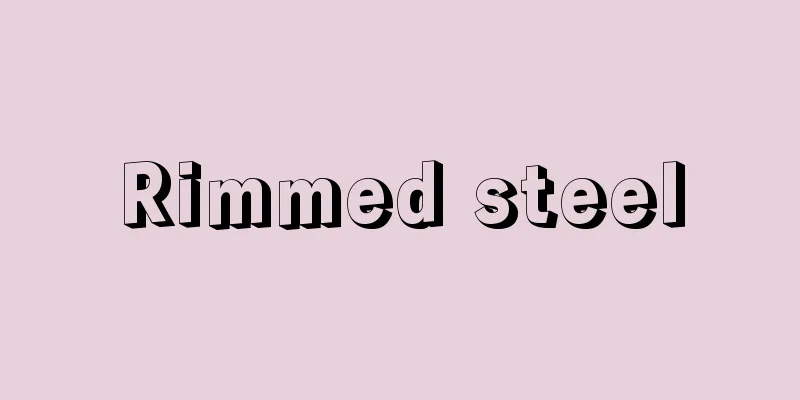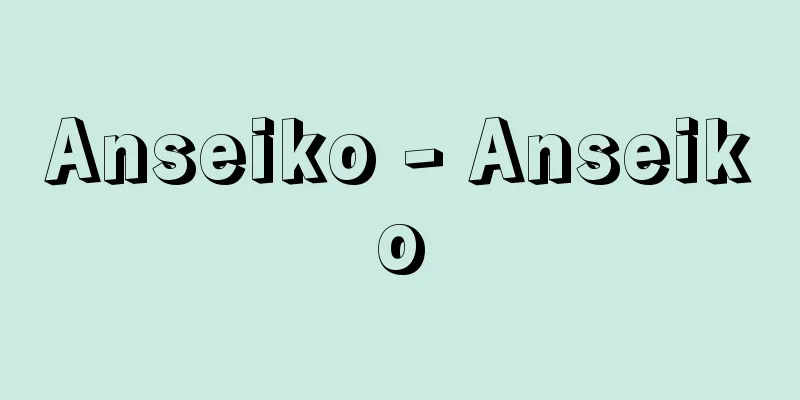World Trade Organization
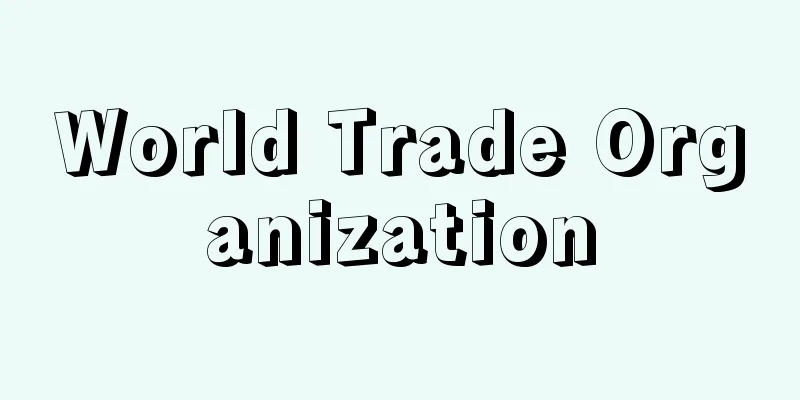
|
The WTO is an international organization whose establishment was decided by the Marrakesh Agreement, the final agreement of the Uruguay Round (1986-1993) of the multilateral trade negotiations of the General Agreement on Tariffs and Trade (GATT), and was launched on January 1, 1995 as a progressive dissolution of the GATT. Its headquarters are in Geneva, Switzerland. As of the end of 2021, there are 164 member countries and regions, and 24 more are applying for membership. It inherits the spirit of the GATT to promote multilateral and non-discriminatory free trade and contribute to the economic development of each country, but it now covers not only the liberalization of trade in products, but also the liberalization of trade in services and the protection of trade-related intellectual property rights. In addition to the panel procedure, which is the first instance, the Appellate Body procedure, which is the appellate court, has been established to handle trade disputes between member countries and regions, and each stage of the procedure has been essentially automated by negative consensus (adopted unless all member countries object). This strengthens the procedure. The highest decision-making body is the Ministerial Conference, which meets at least once every two years. Between sessions, the General Council, which meets periodically, carries out its duties. In addition, there is a Dispute Settlement Body, which operates the dispute settlement system, and a Trade Policy Review Body, which conducts periodic reviews of member countries' trade policies and periodic monitoring of international trade (Trade Policy Review Mechanism). Since 2001, the multilateral trade negotiations known as the Doha Development Agenda (Doha Round) have been underway, but the growing number of member countries and regions with differing interests has made it difficult to reach a consensus. The initial goal of the negotiations was to reach a one-time agreement on all items, but since the end of 2011, the early harvest approach has been adopted, which allows the negotiation items on which agreement has been reached to be established first, and as a result, the Trade Facilitation Agreement was established in 2014 (entered into force in February 2017). However, no significant progress has been made on other items. This is due to the fact that the positions of developed and developing countries are at odds on the main items of negotiation (opening up agricultural markets in developed countries and reducing tariffs on industrial products in developing countries). As a result, developed countries are calling for the end of the Doha Development Agenda and the start of new negotiations to address current issues, but developing countries are opposed to this, and the situation has reached a stalemate. To overcome this situation, at the 11th Ministerial Conference held at the end of 2017, it was decided that willing member countries would begin negotiations to formulate rules in three areas: investment facilitation for development, electronic commerce, and domestic regulations of services. Negotiations on domestic regulations of services were concluded at the end of 2021, and a Reference Paper was adopted that includes rules to improve the transparency of domestic regulations of services. The World Trade Organization's dispute settlement procedures are actively used, with the number of disputes referred to it exceeding 600 as of the end of 2021. However, the Appellate Body has been suspended since the end of 2019 due to the United States' veto over the appointment of Appellate Body members, intensifying its criticism that the Appellate Body was acting beyond its original authority. In order to revitalize the dispute settlement procedures, member countries are discussing a review of the Appellate Body's authority. [Junji Nakagawa February 18, 2022] "Junji Nakagawa, 'Beyond WTO Trade Liberalization' (Iwanami Shinsho)" "Takemasa Sekine, 'Introduction to International Trade Law: Towards the Coexistence of the WTO and FTAs' (Chikuma Shinsho)" [References] | | | |Source: Shogakukan Encyclopedia Nipponica About Encyclopedia Nipponica Information | Legend |
|
ガット(GATT=関税と貿易に関する一般協定)による多角的通商交渉「ウルグアイ・ラウンド」(1986~1993年)の最終合意文書「マラケシュ協定」によって設立が決定され、ガットを発展的に解消する形で1995年1月1日に発足した国際機関。略称WTO。本部をスイスのジュネーブに置く。2021年末現在の加盟国・地域は164、このほかに24の国が加盟申請中である。多角的で無差別な自由貿易を推進し、各国の経済発展に資するというガットの精神を受け継ぐが、産品の貿易自由化だけでなく、サービス貿易の自由化、貿易関連の知的財産権の保護もカバーするようになった。また、加盟国・地域の間の貿易紛争を処理する手続では、第一審にあたるパネル手続に加えて上訴審にあたる上級委員会手続を設け、手続の各段階をネガティブ・コンセンサス(全加盟国が異議を唱えない限り採択)により実質的に自動化することで、手続を強化した。最高意思決定機関は、少なくとも2年に一度開催される閣僚会議である。閉会中は定期的に開催される一般理事会がその職務を遂行する。このほかに、紛争処理制度を運営する紛争解決機関、加盟国の貿易政策の定期的な審査と国際貿易の定期的な監視(貿易政策検討制度)を実施する貿易政策検討機関が設けられている。 2001年以来、多角的通商交渉「ドーハ開発アジェンダ(ドーハ・ラウンド)」を推進しているが、利害関係を異にする加盟国・地域が増加したことから、コンセンサス(全会一致)方式をとる交渉は難航している。交渉は当初、すべての交渉項目について一括受諾を目ざしていたが、2011年末以来、合意に達した交渉項目を先行して成立させる方式(アーリーハーベスト)を採用し、これにより2014年には貿易円滑化協定が成立した(2017年2月発効)。しかし、それ以外の交渉項目については目だった進展が得られていない。主要な交渉項目(先進国の農産物市場の開放、開発途上国の工業製品の関税引下げ)に関して先進国と開発途上国の立場が対立していることが、その背景にある。この結果、先進国はドーハ開発アジェンダを終了させ、今日的な課題を扱う新たな交渉の開始を求めているが、開発途上国はこれに反対しており、事態は膠着(こうちゃく)状況に陥っている。この状況を打開するため、2017年末の第11回閣僚会議で、加盟国の有志が開発のための投資円滑化、電子商取引、サービスの国内規制の3分野でルール策定に向けた交渉を開始することが決まった。このうちサービスの国内規制については2021年末に交渉が妥結し、サービスの国内規制の透明性向上に向けた規律を盛り込んだ参照文書(Reference Paper)が採択された。 世界貿易機関の紛争処理手続は活発に利用され、紛争の付託件数は2021年末現在で600件を超えた。しかし、上級委員会が本来の権限を超えて活動しているとの批判を強めたアメリカが上級委員会委員の任命に拒否権を行使したため、2019年末以来、上級委員会はその機能を停止している。紛争処理手続の再活性化を図るため、加盟国の間で上級委員会の権限の再検討が話し合われている。 [中川淳司 2022年2月18日] 『中川淳司著『WTO 貿易自由化を超えて』(岩波新書)』▽『関根豪政著『国際貿易法入門――WTOとFTAの共存へ』(ちくま新書)』 [参照項目] | | | |出典 小学館 日本大百科全書(ニッポニカ)日本大百科全書(ニッポニカ)について 情報 | 凡例 |
<<: Zegaibouekotoba - Zegaibouekotoba
>>: World Law - Sekaihou (English spelling) world law
Recommend
Carryover allowance - Carryover allowance
Among the national expenditure budget, there are ...
Meitokuki - Meitokuki
A Muromachi period military chronicle on the subj...
Third-party objection appeal
A suit aimed at preventing a compulsory execution...
Government affairs - Kanmu
〘Noun〙① A title given to the Left Chief Historian,...
Emergency Measures for Education during Wartime
...Furthermore, send-off ceremonies were held in ...
Mining disaster
Disasters involving casualties and damage to faci...
Lord Protector
…In the autumn of 1851, he also swept through Sco...
Sanzesōnishikibunsō - Sanzesōnishikibunsō
Kabuki Kyogen. Joruri domestic drama. 6 acts. Comm...
Tigrisoma
… [kinds] The family Ardeidae can be broadly divi...
Stress accent - Stress accent
Accent is a term used to describe the stress of a ...
A compassionate and gracious heart - Tajobushin
A full-length novel by Satomi Ton. It was seriali...
Rotating bending fatigue testing machine
…Typical fatigue testing machines include tension...
"Kyoya Collar Store" - Kyoya Collar Store
...Next, he made a film adaptation of Tolstoy'...
Guittone - Guittone
…When the city entered the autonomous period, it ...
Labor and Industry - Labor and Industry
This is the official journal of the labor organiza...

